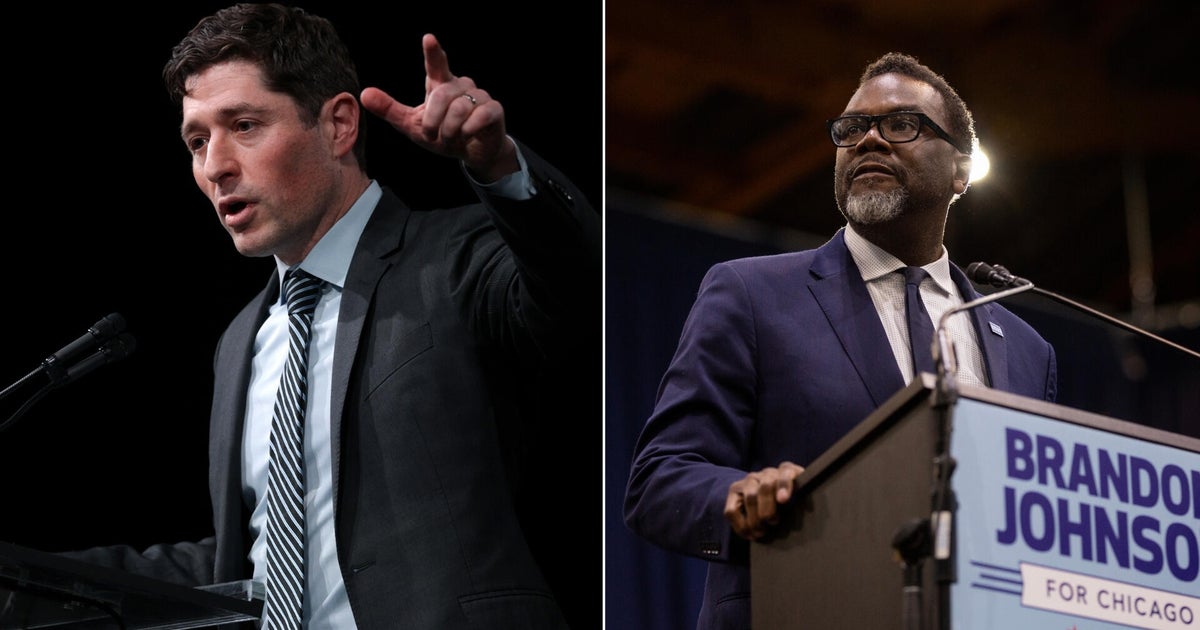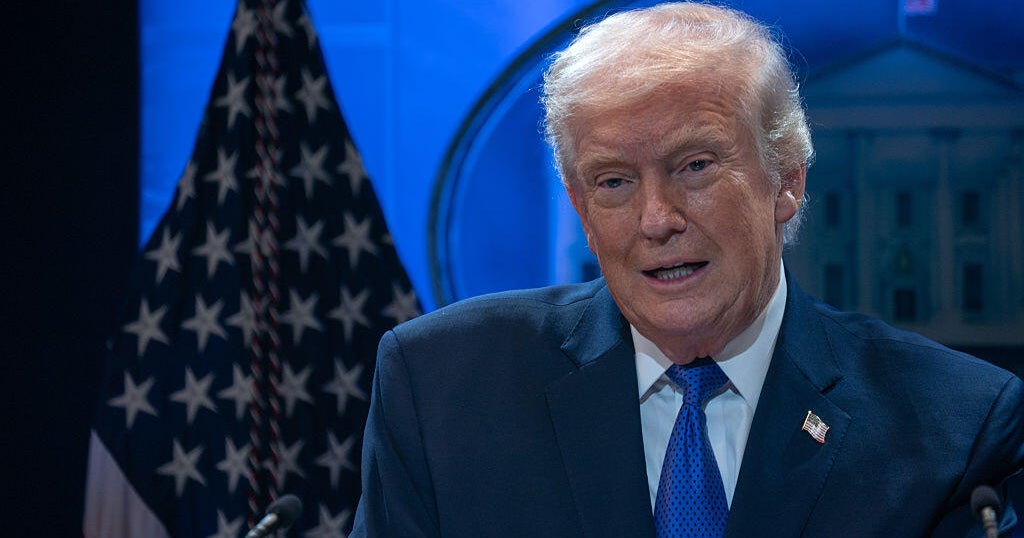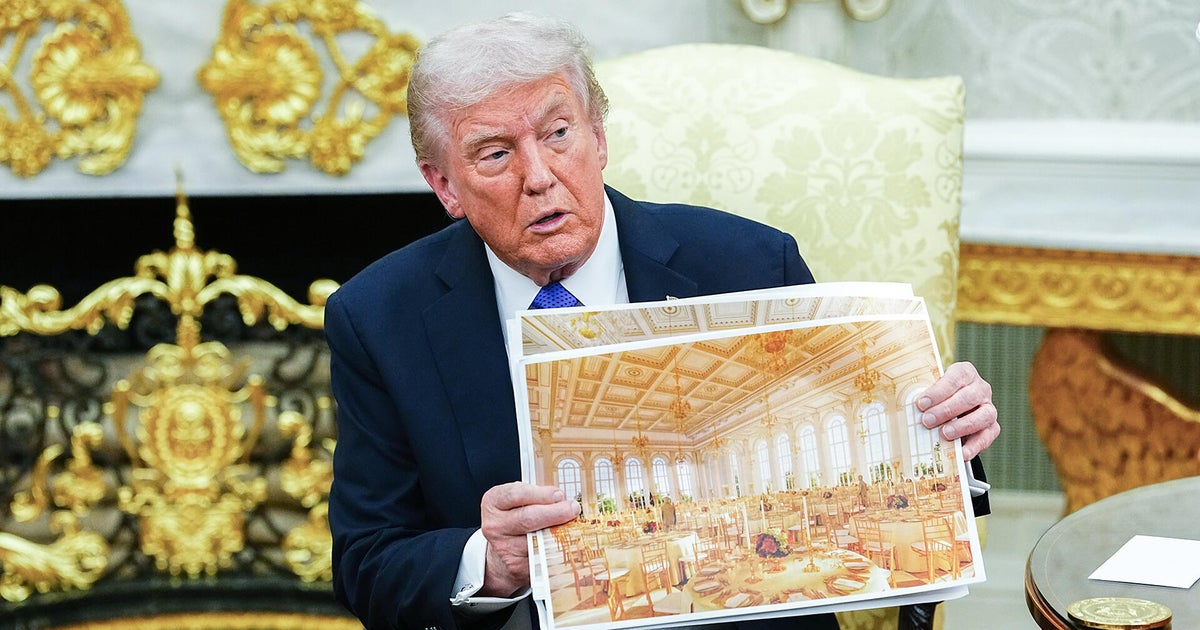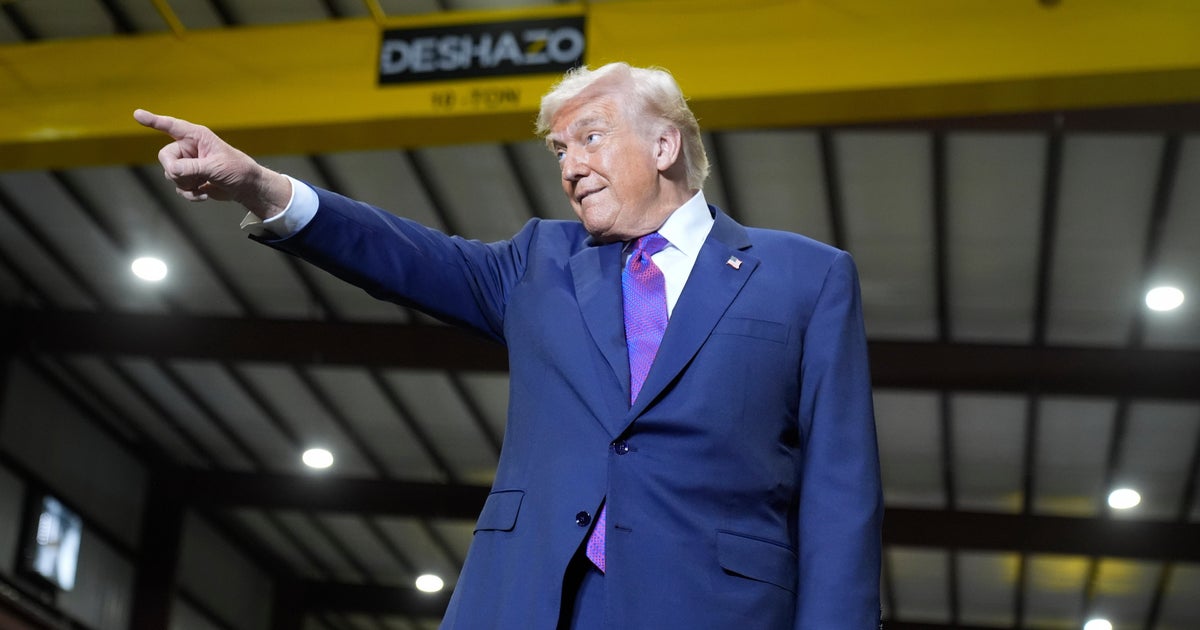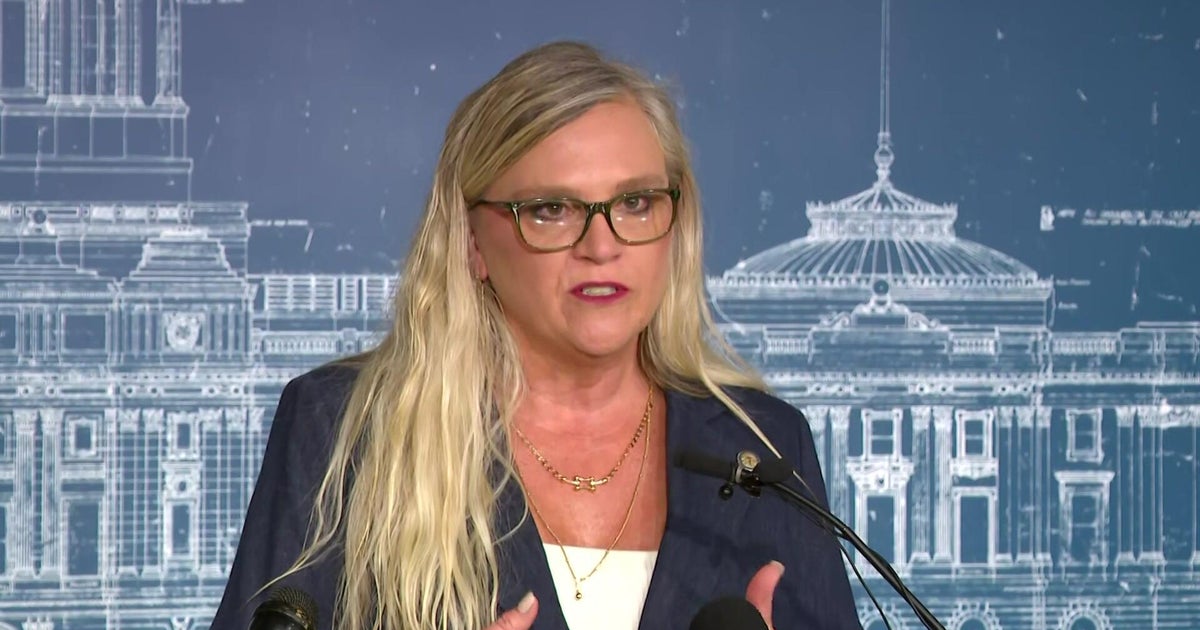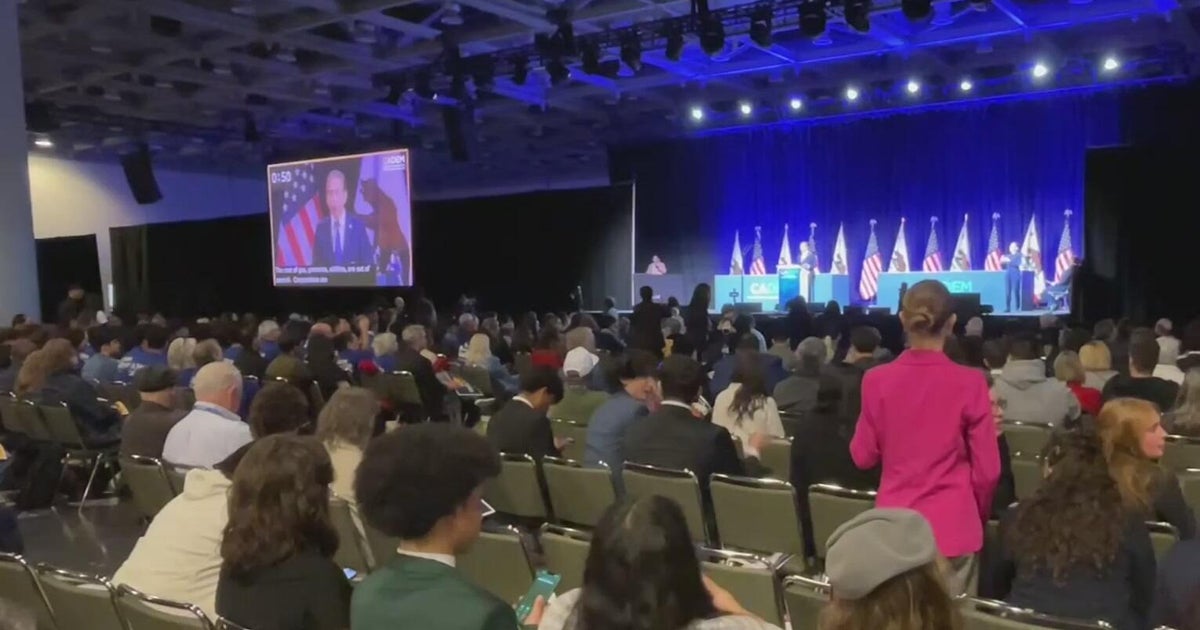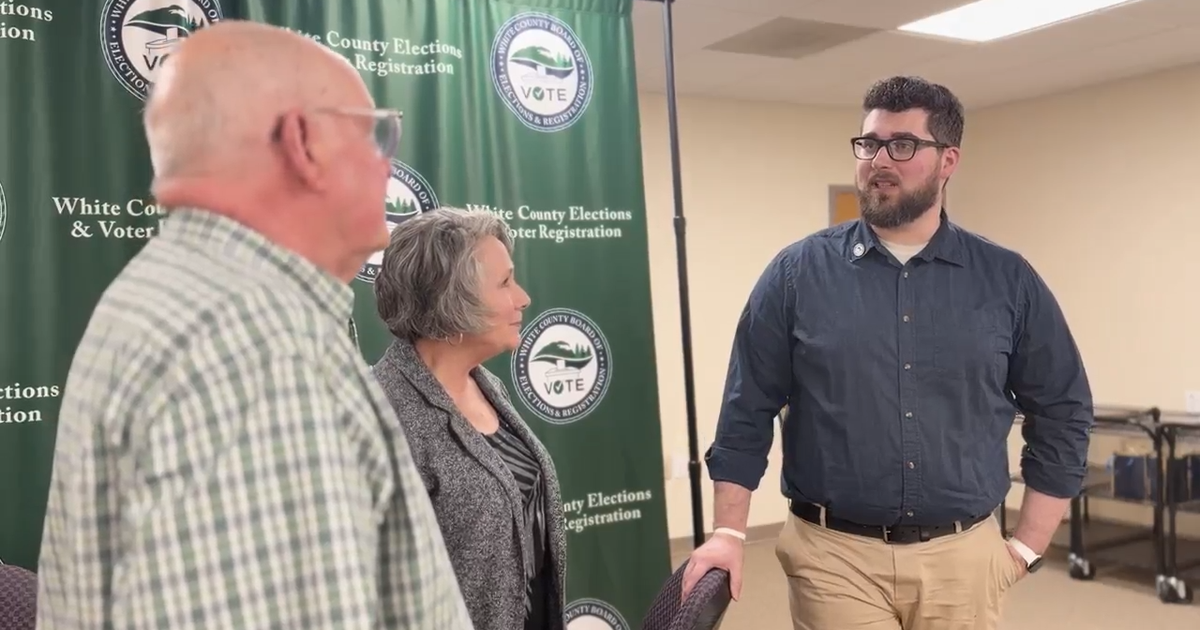Joni Ernst says China is "intentionally poisoning" Americans amid fentanyl crisis
Republican Sen. Joni Ernst accused China of "intentionally poisoning" Americans by not stopping the supply chain networks that produce fentanyl.
"The Chinese are selling these precursor chemicals into Mexico. Then the Mexican cartels are working on making the fentanyl and distributing up into the United States," the Iowa senator told CBS News senior investigative correspondent Catherine Herridge in an interview airing on CBS News streaming network Friday evening.
Ernst, who recently traveled to Mexico and the southern border as part of a congressional delegation — also known as a CODEL — said she believes the flow of the precursor chemicals — the ingredients needed to make fentanyl — into Mexico is happening with the tacit approval of the Chinese Communist Party.
"I think that the Chinese are intentionally poisoning America," she said, saying the assessment is based on briefings that she has received. "And of course, the Chinese don't want to assist us with this."
"When we see an adversary like China poisoning our communities, it's very disconcerting," she added. "So we have to educate the American people. We have to work with our Mexican counterparts to push back against the cartel and the Chinese. We can't continue to lose our youth to this fentanyl epidemic. It is extremely important that we push back."
The Drug Enforcement Administration has called on the Chinese government to crack down on the supply chain networks. U.S. officials say China is the leader in sending precursor chemicals, with many of them ending up in Mexico.
"There's a relationship between these Chinese chemical companies and the criminal cartels in Mexico," DEA administrator Anne Milgram told CBS News last year.
In 2022, the Drug Enforcement Administration seized enough fentanyl to kill every American — more than 50 million fentanyl-laced pills and over 10,000 pounds of fentanyl powder.
Most fentanyl is being smuggled into the U.S. along its southern border, though smaller amounts are smuggled via air from China.
Ernst is advocating for harsher penalties for those who supply the drug, and more resources to support Border Patrol agents, including K-9s for detection, as well as cameras.
In a statement, a spokesperson for the Chinese Embassy in Washington, D.C., called the characterization wrong, adding that the U.S. "must face up to its own problems instead of shifting the blame."
